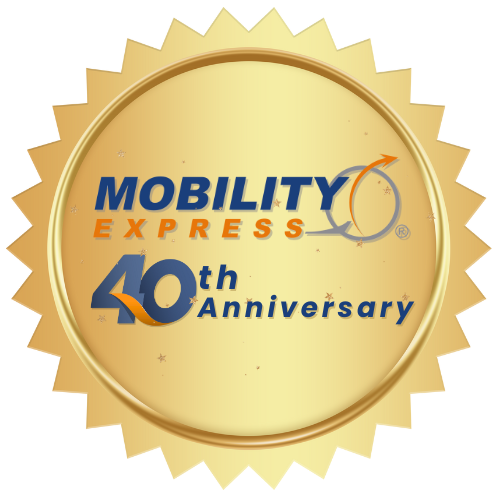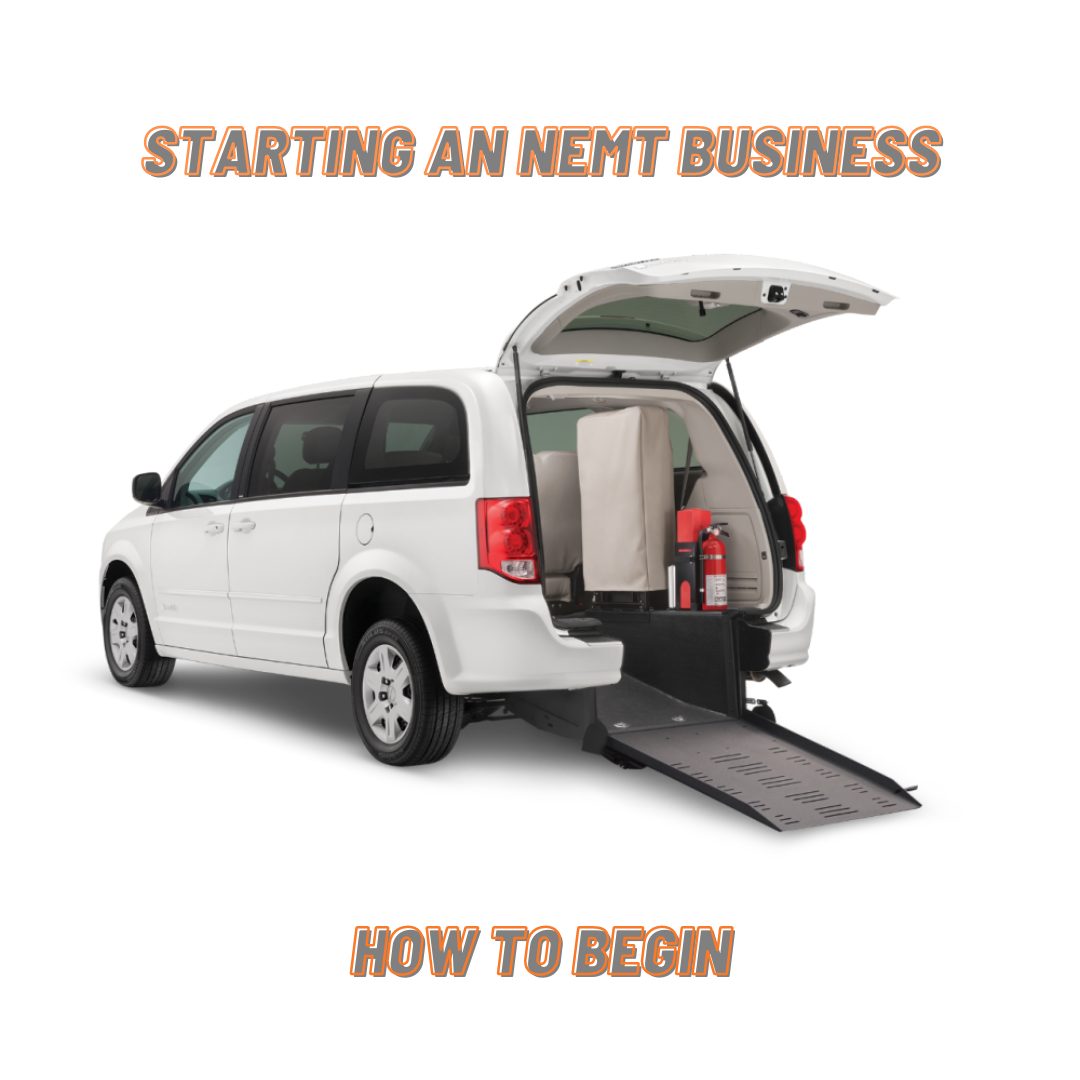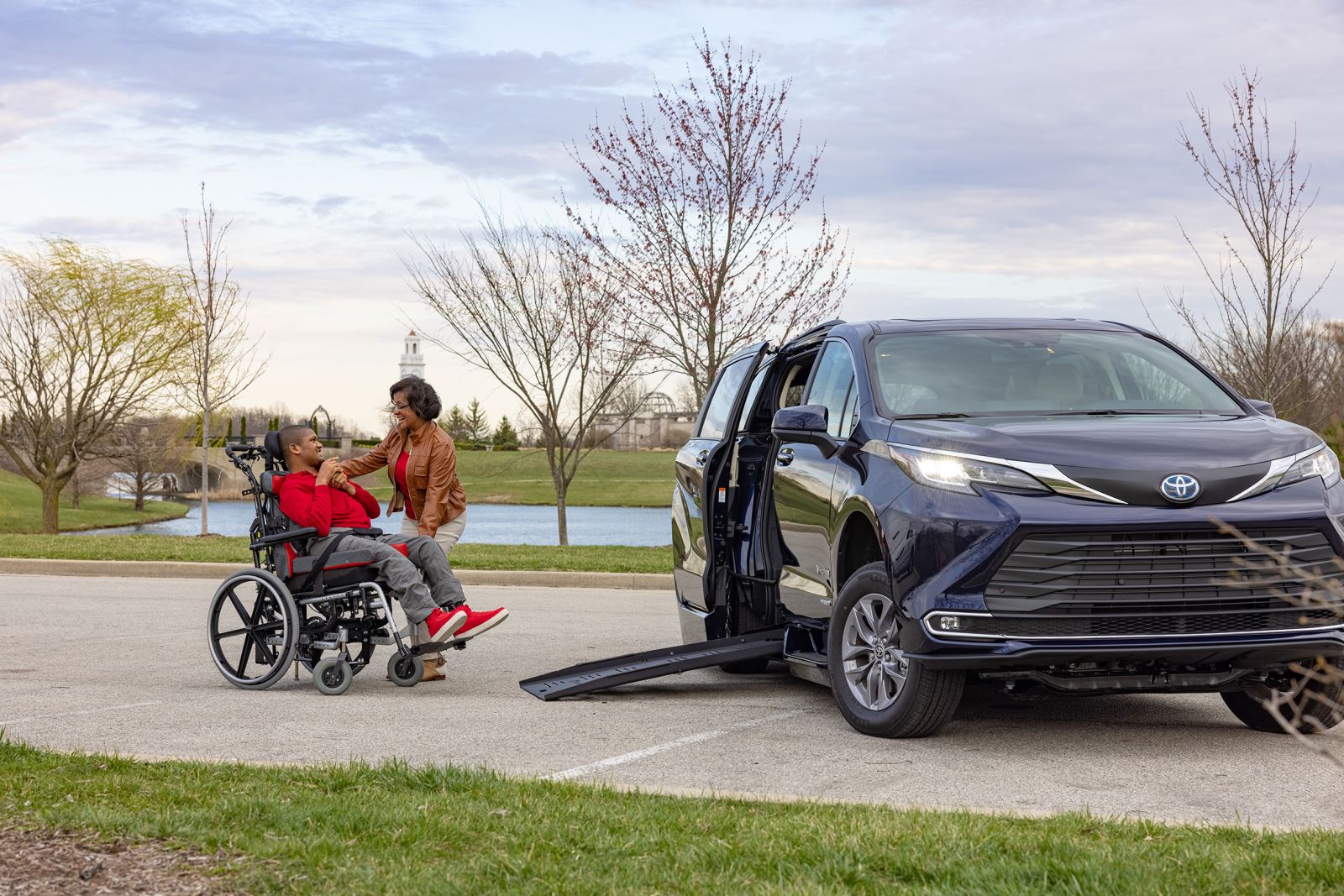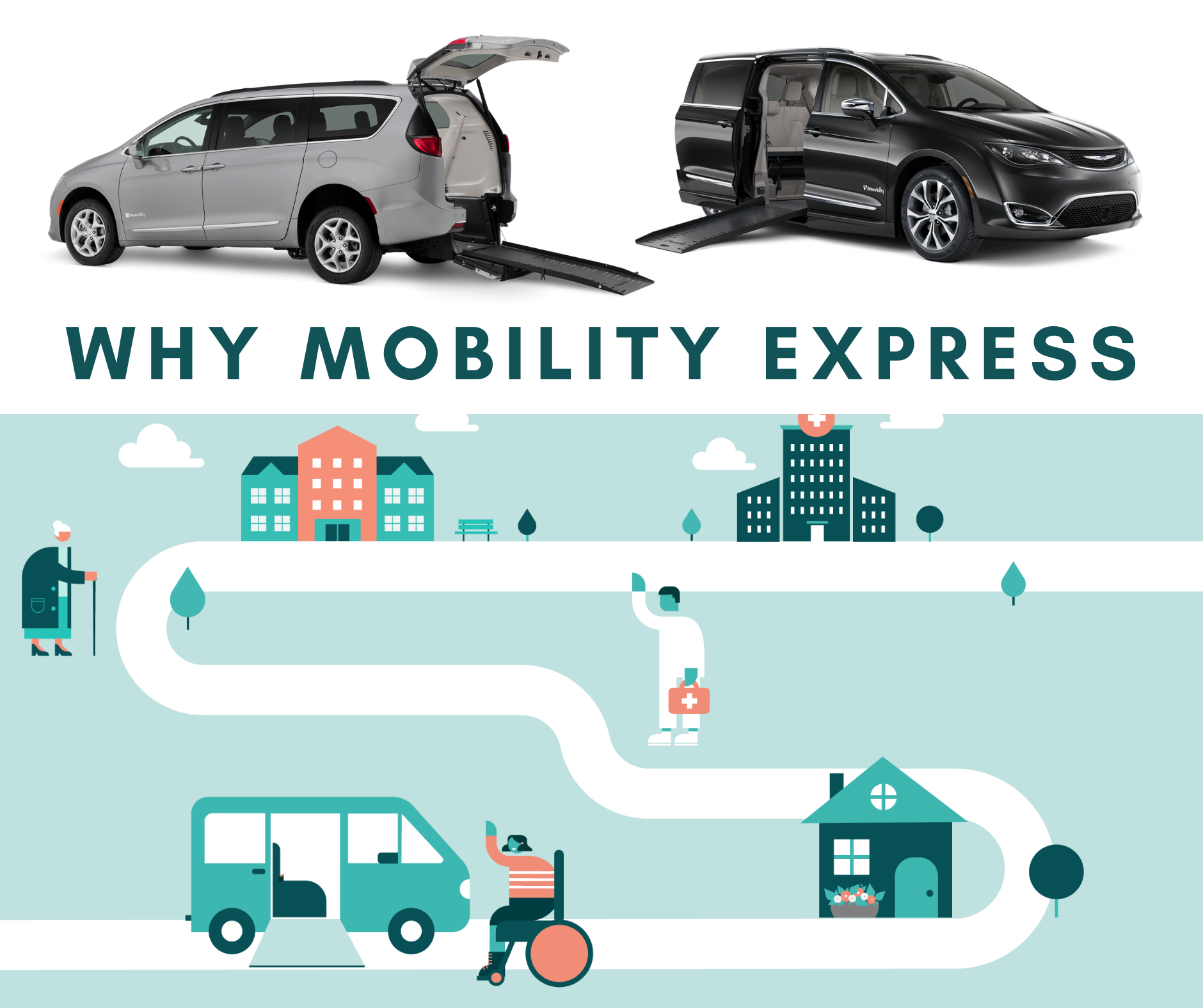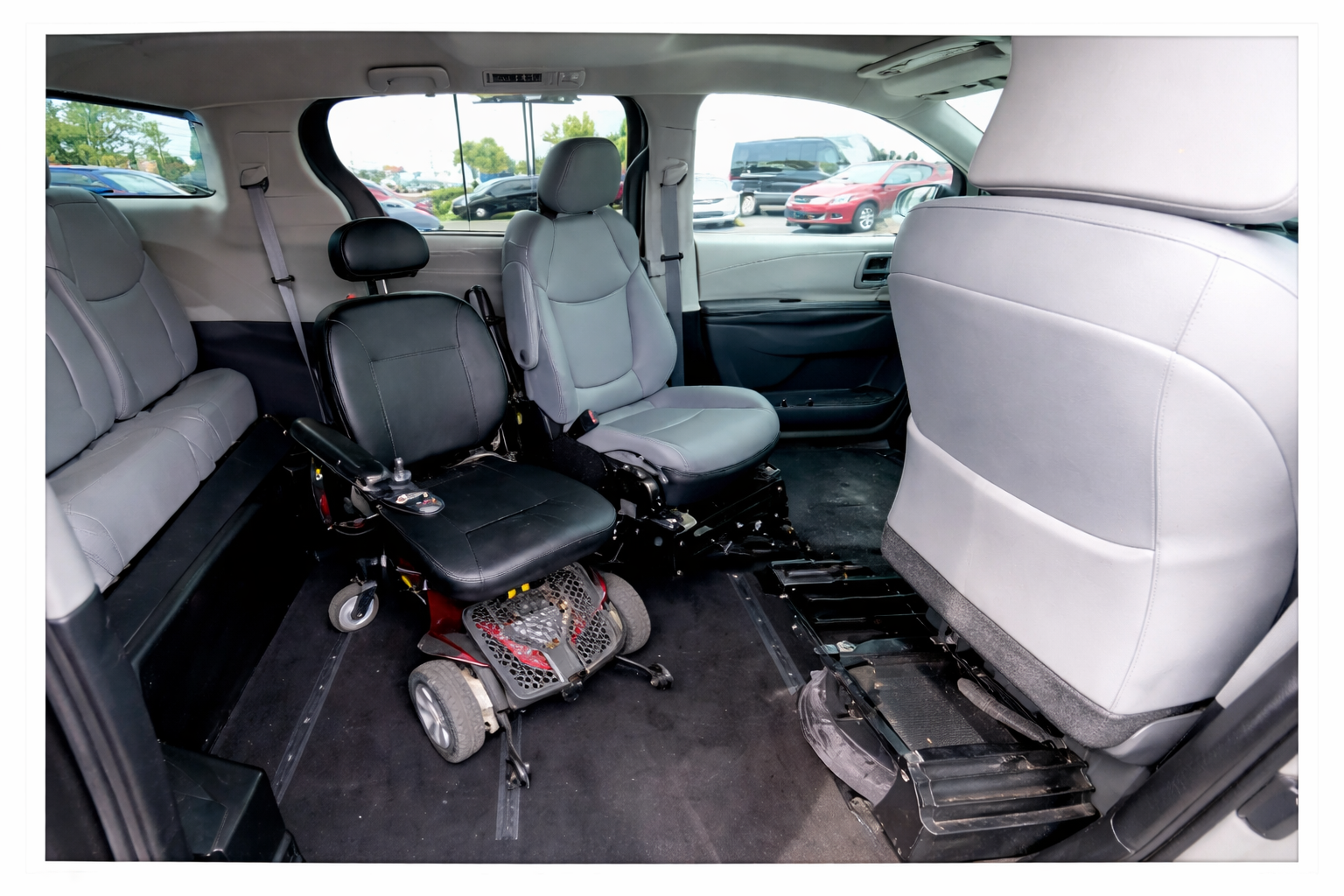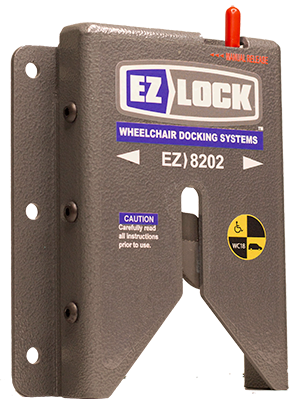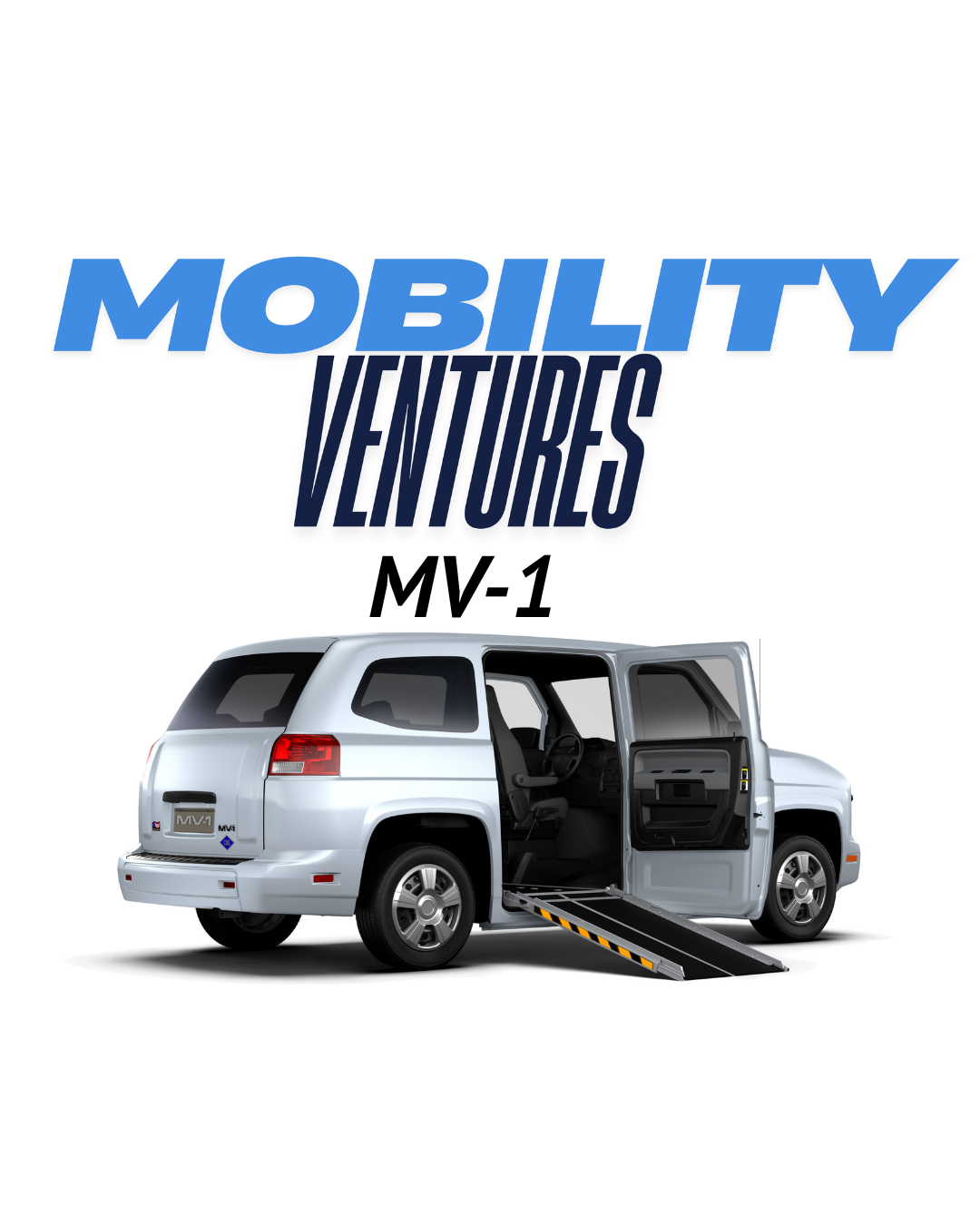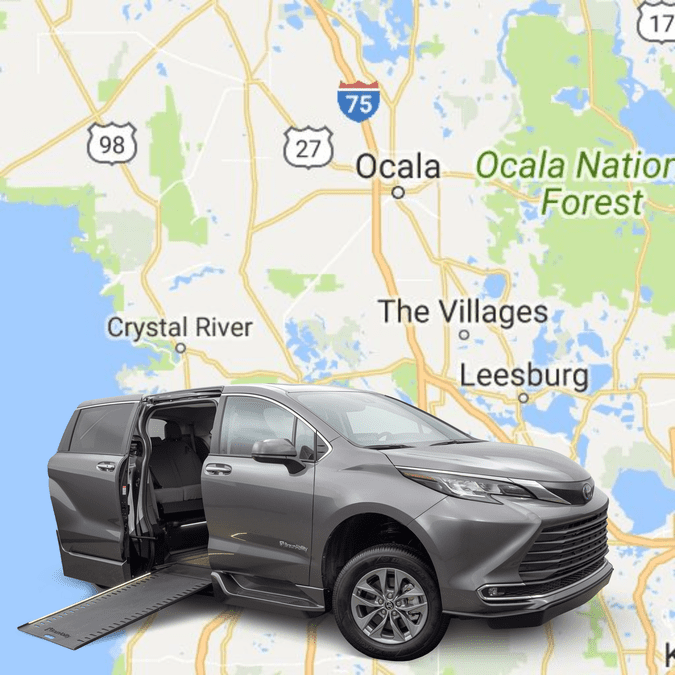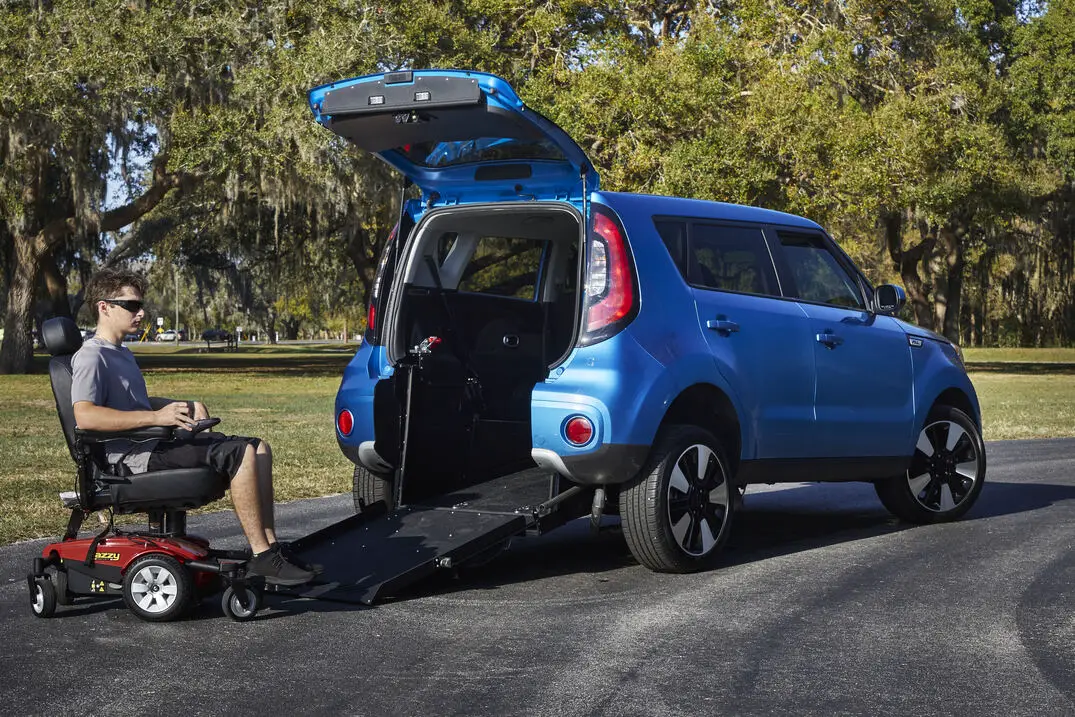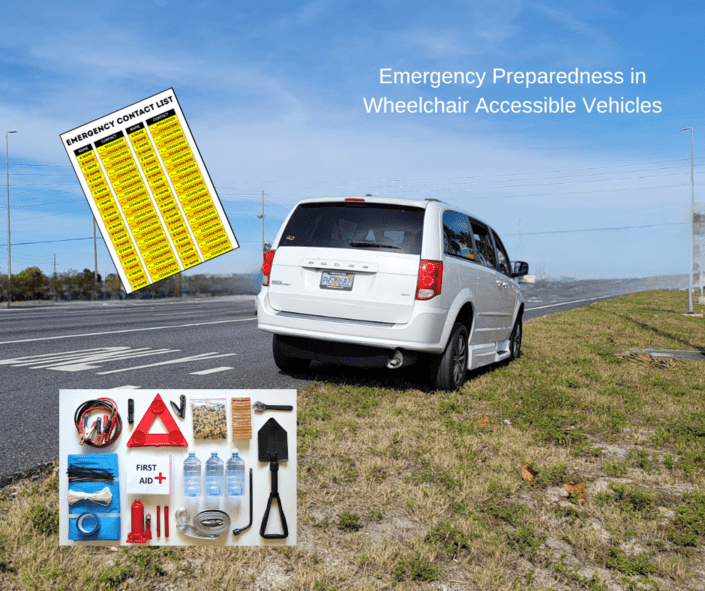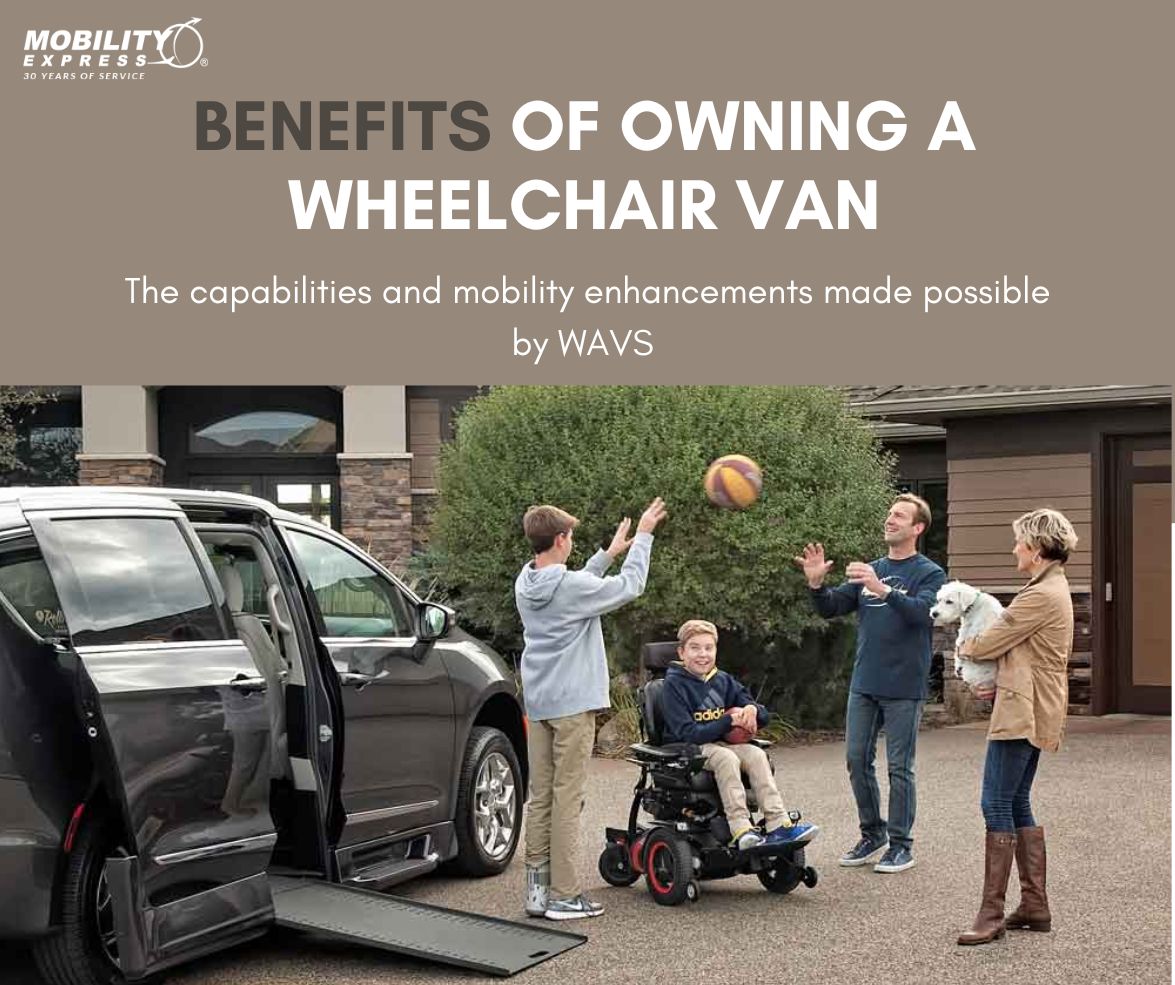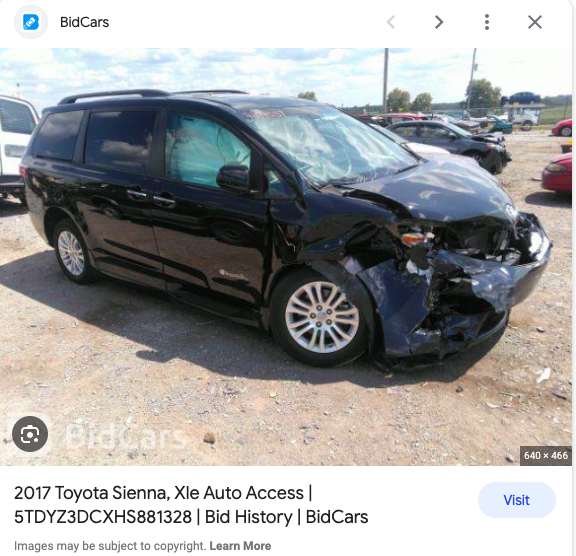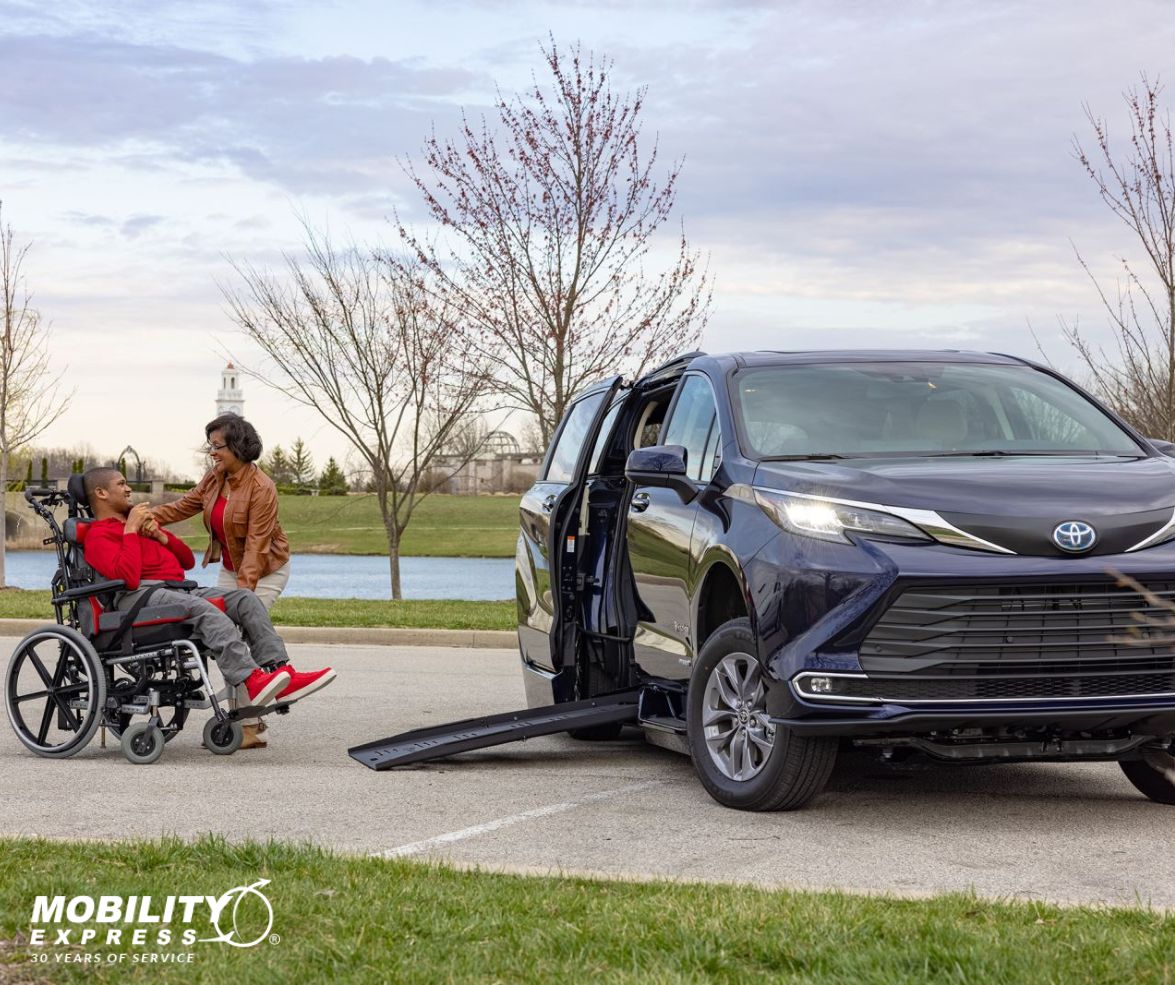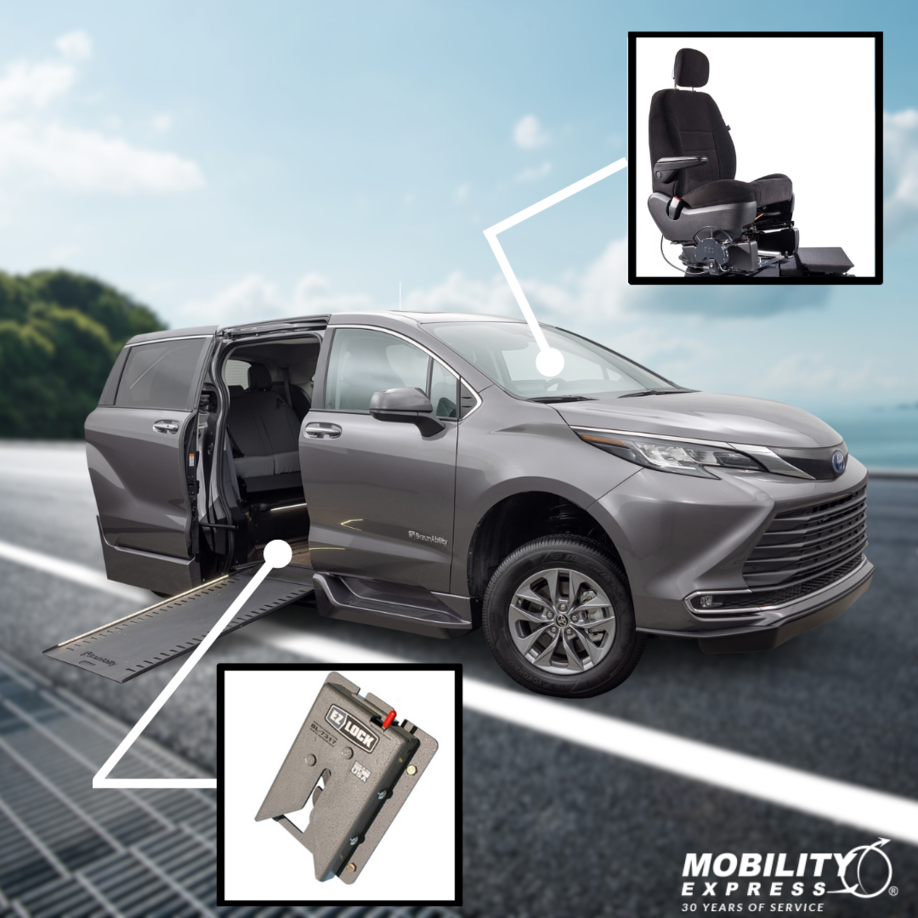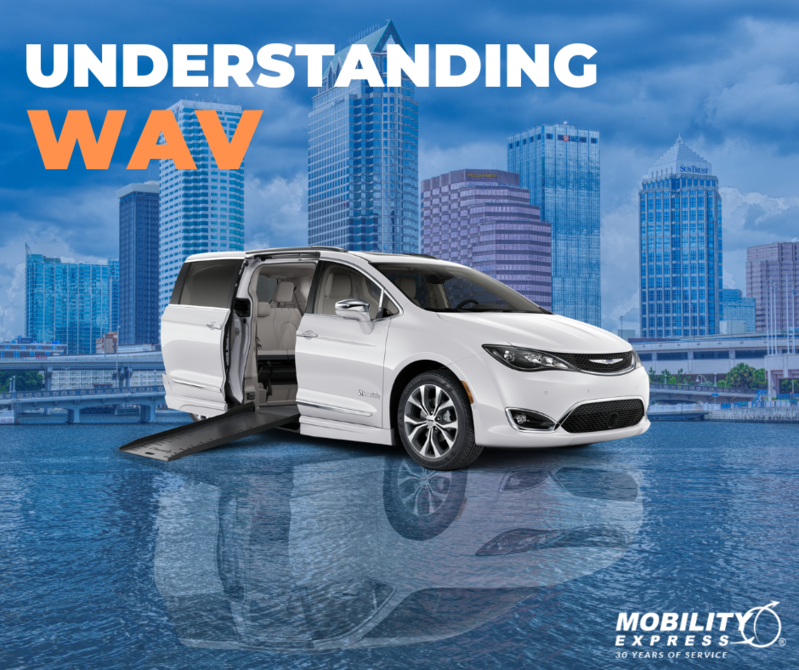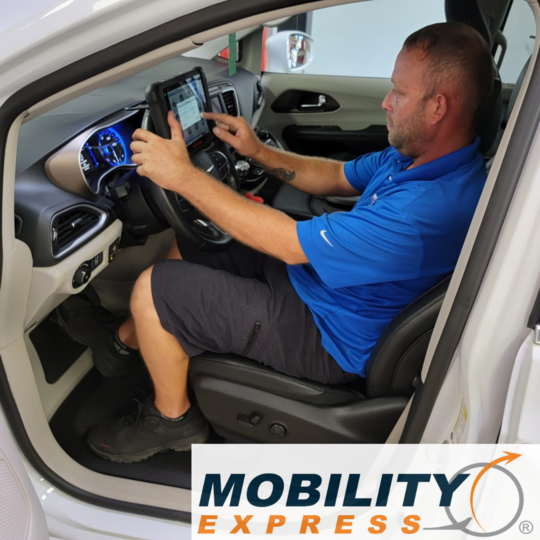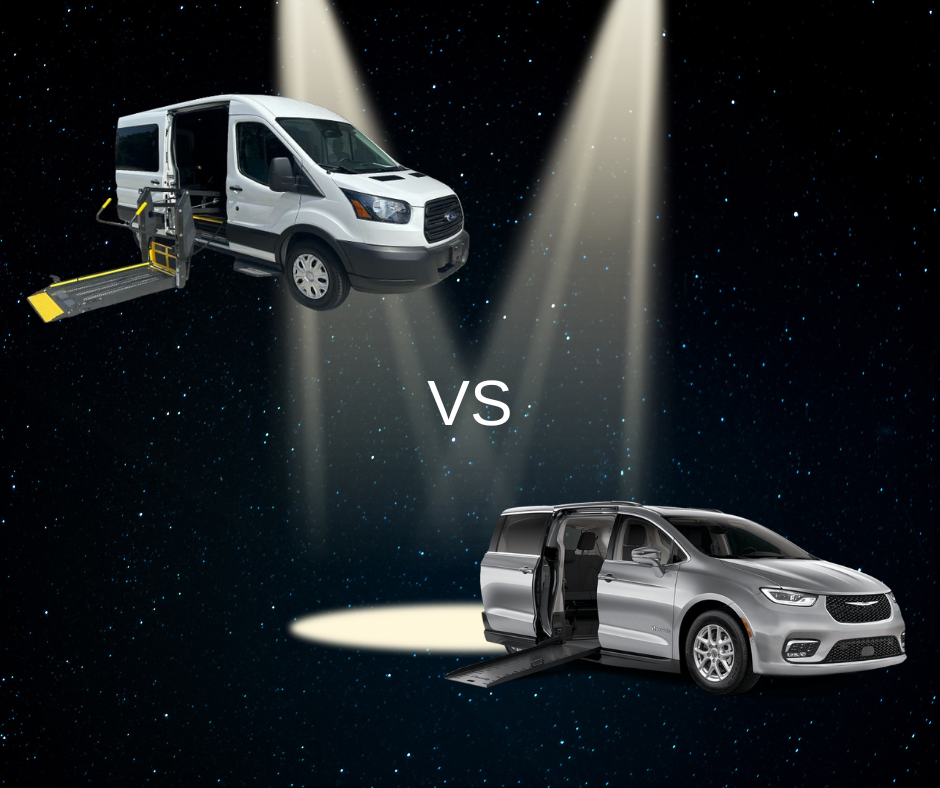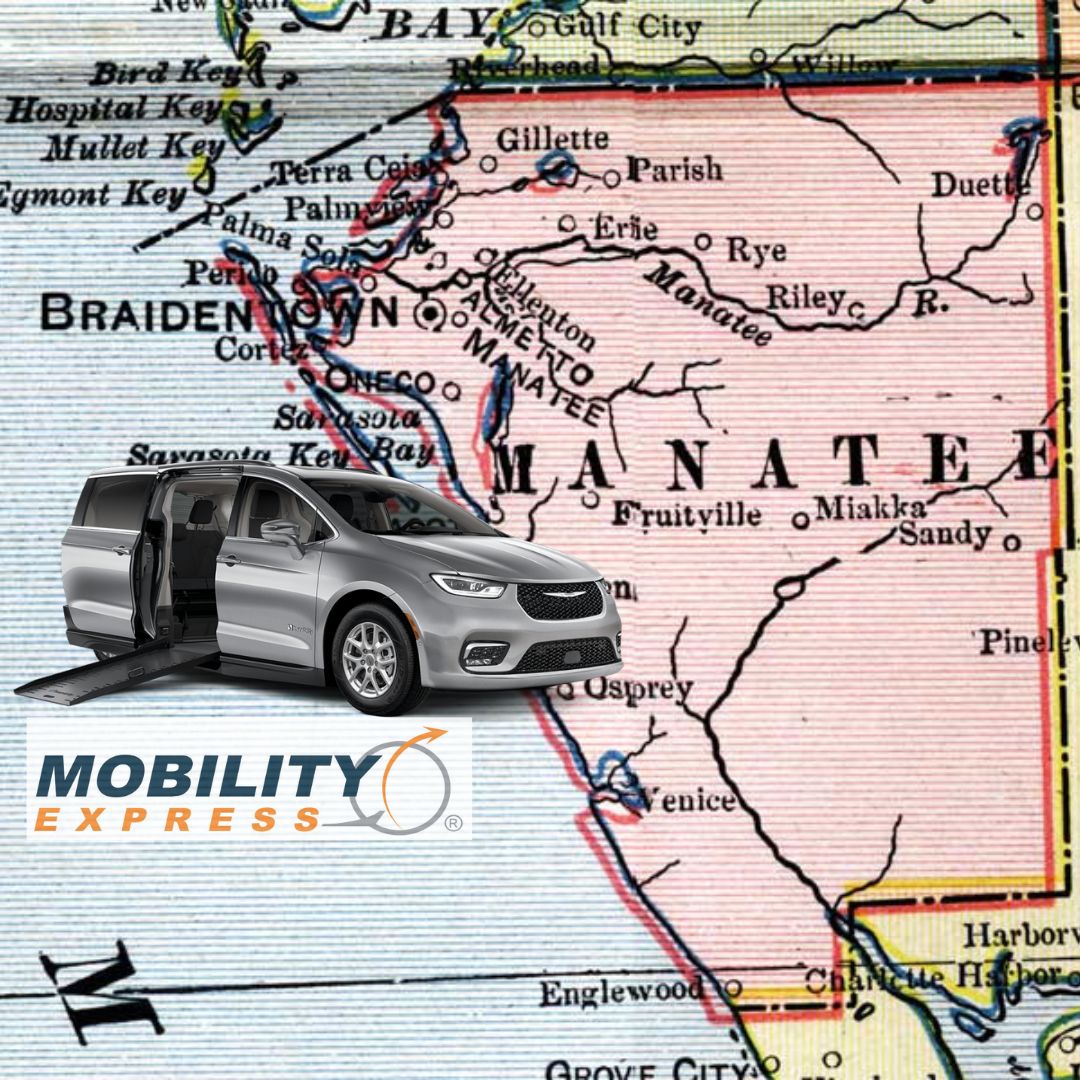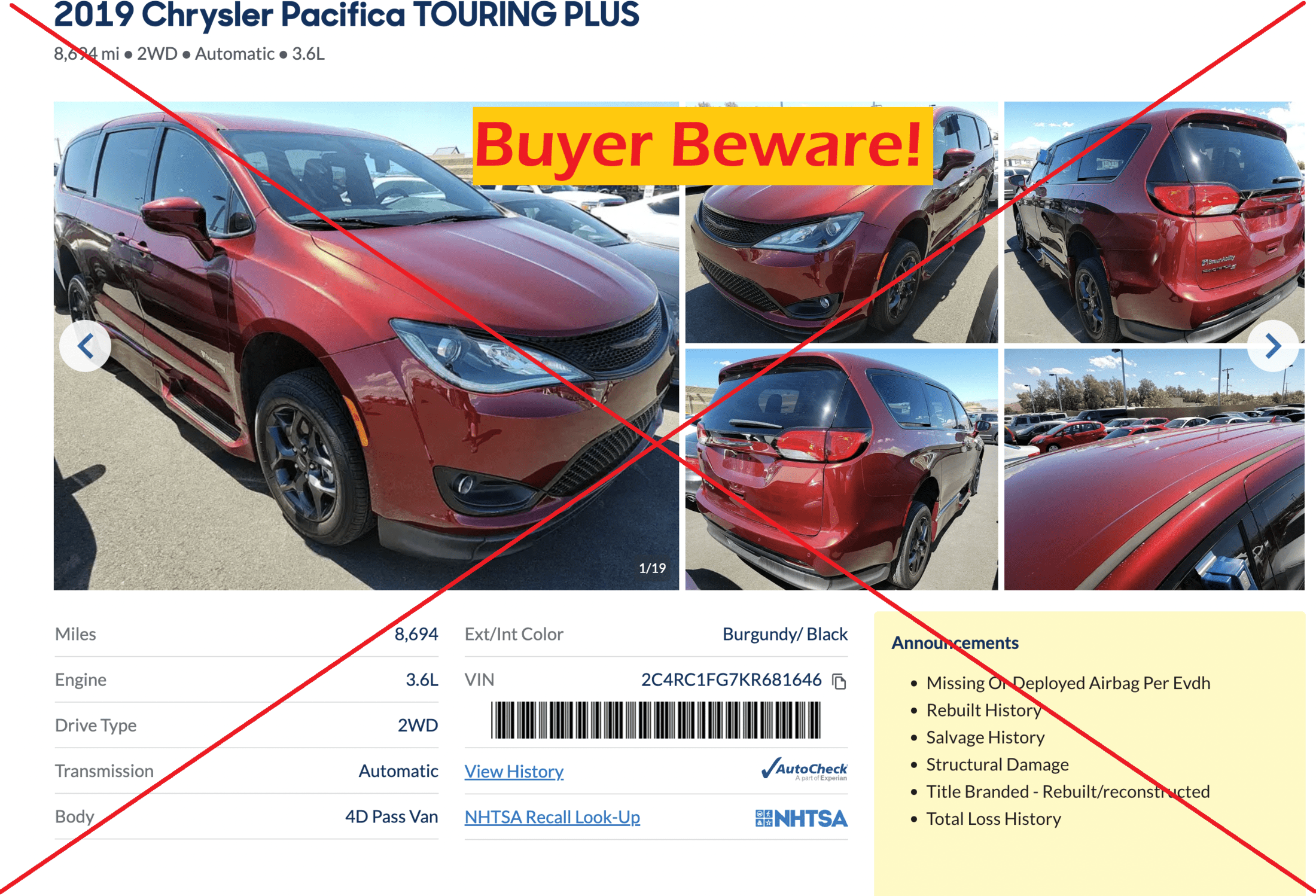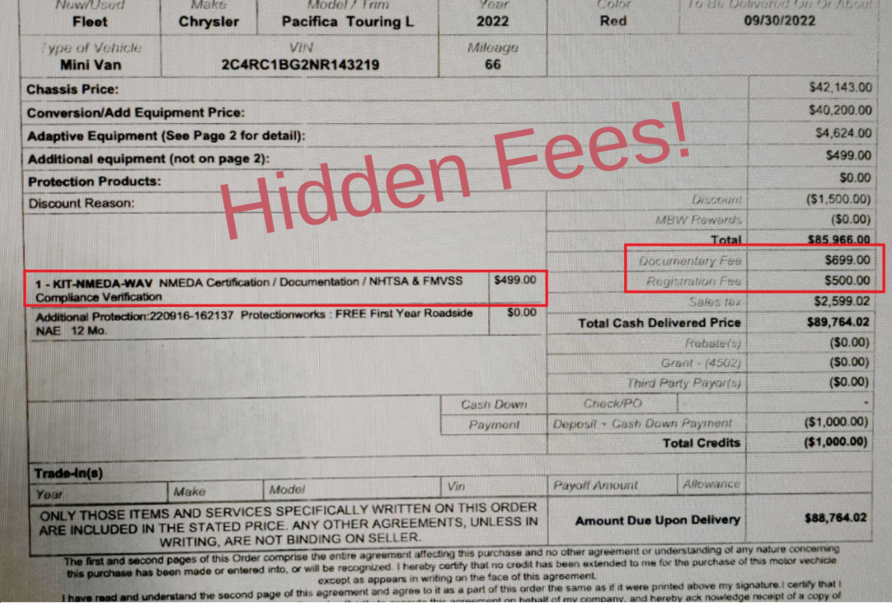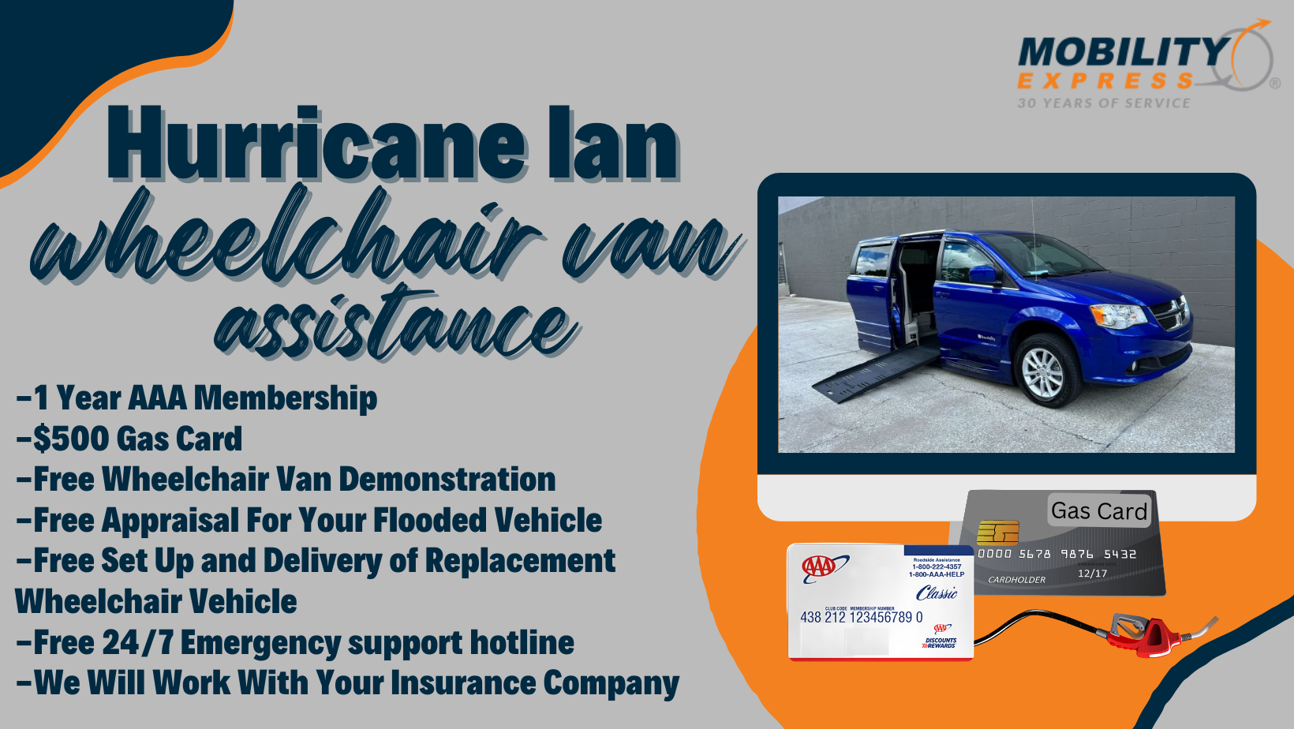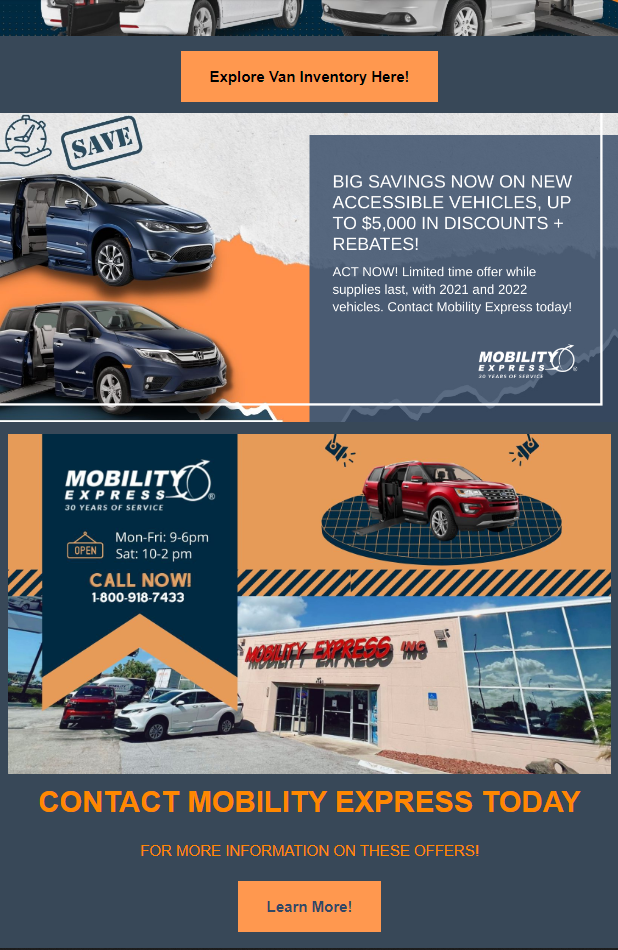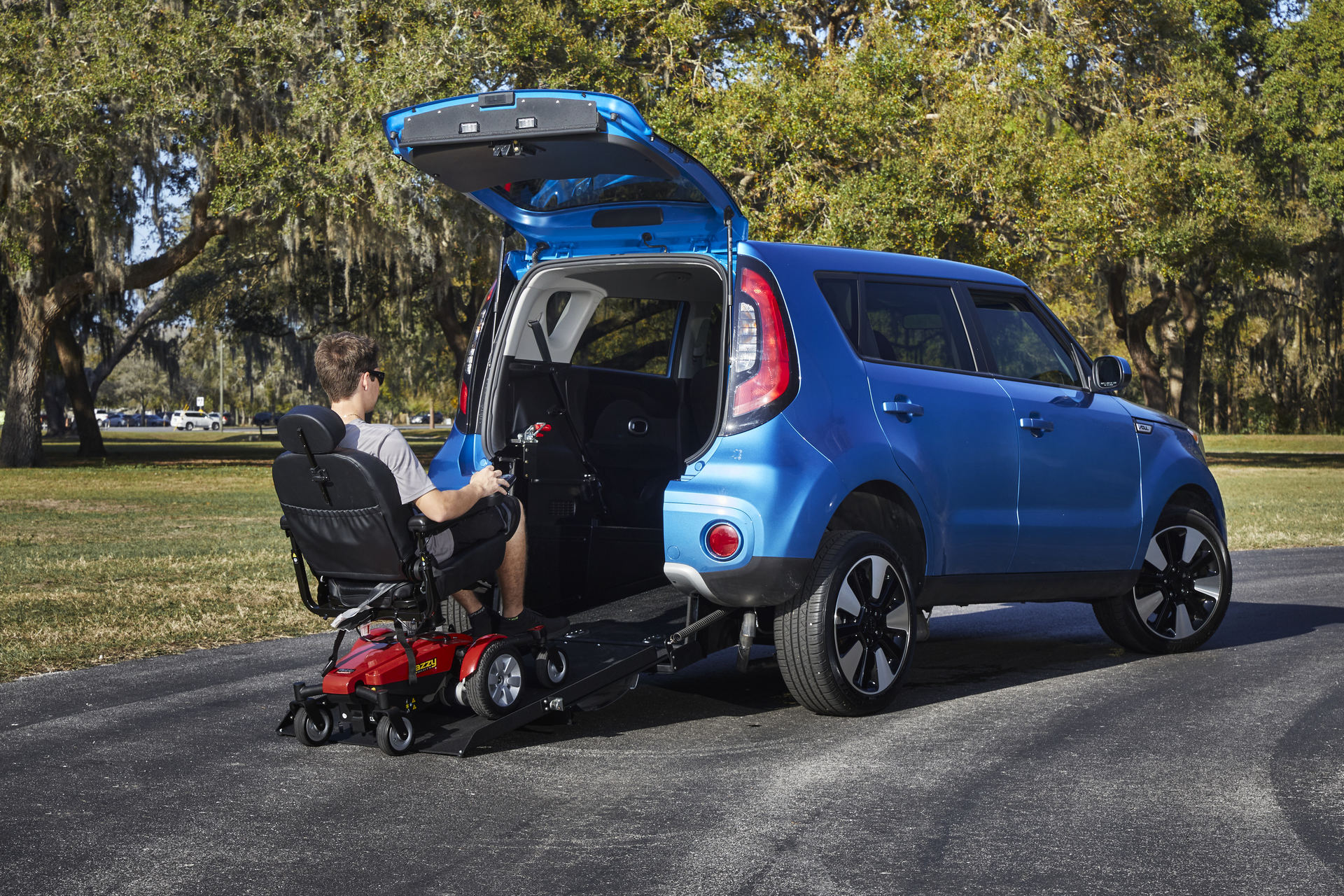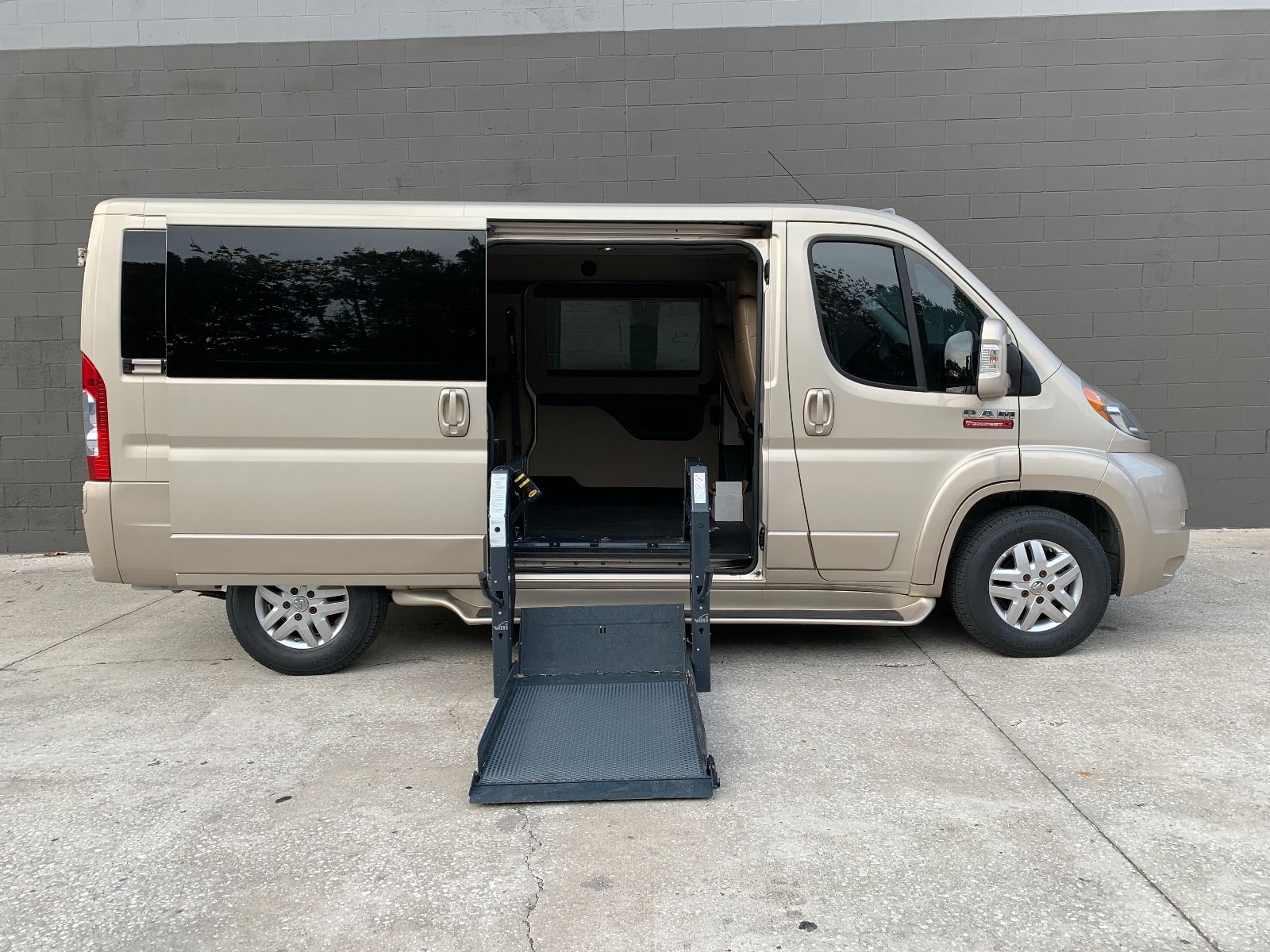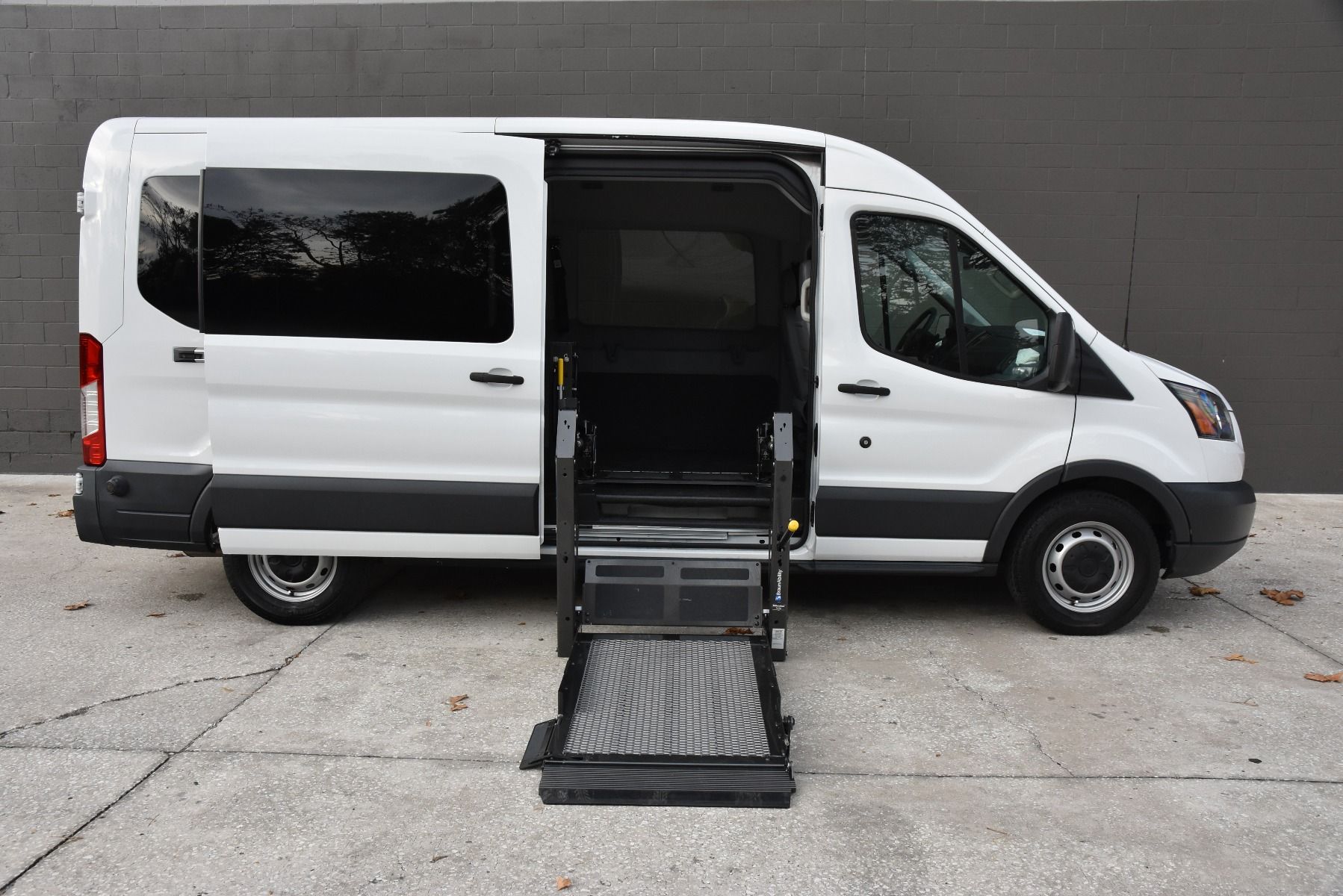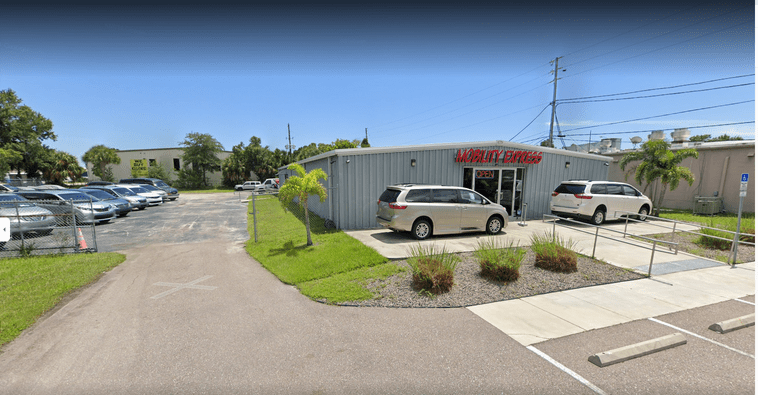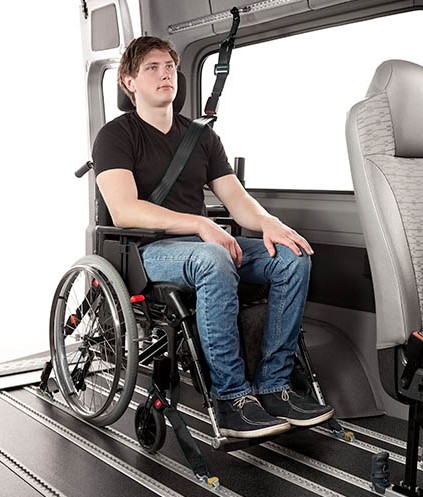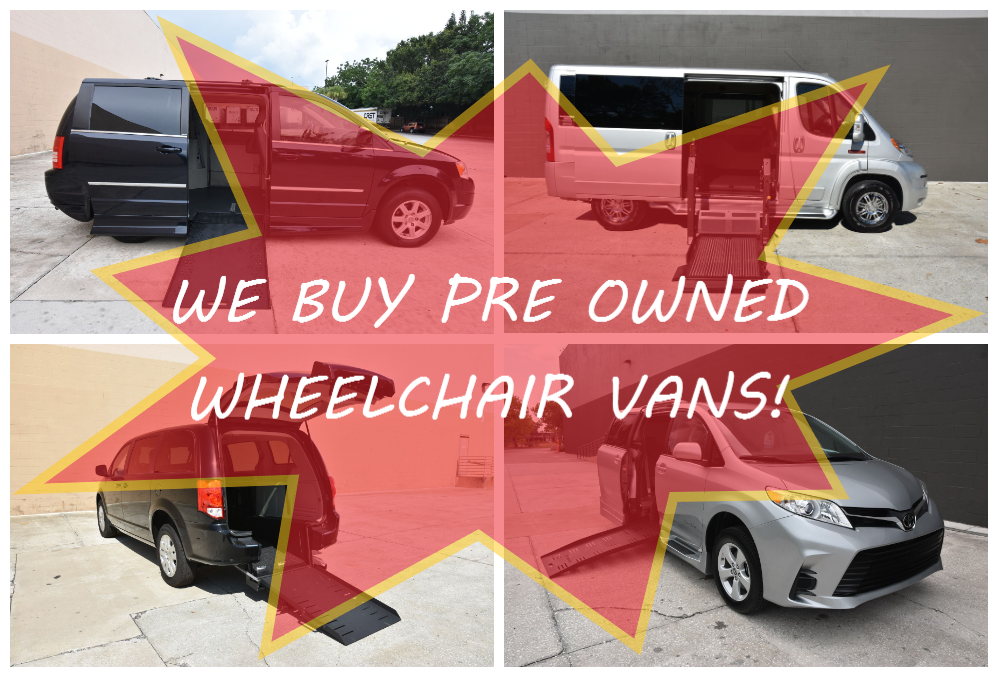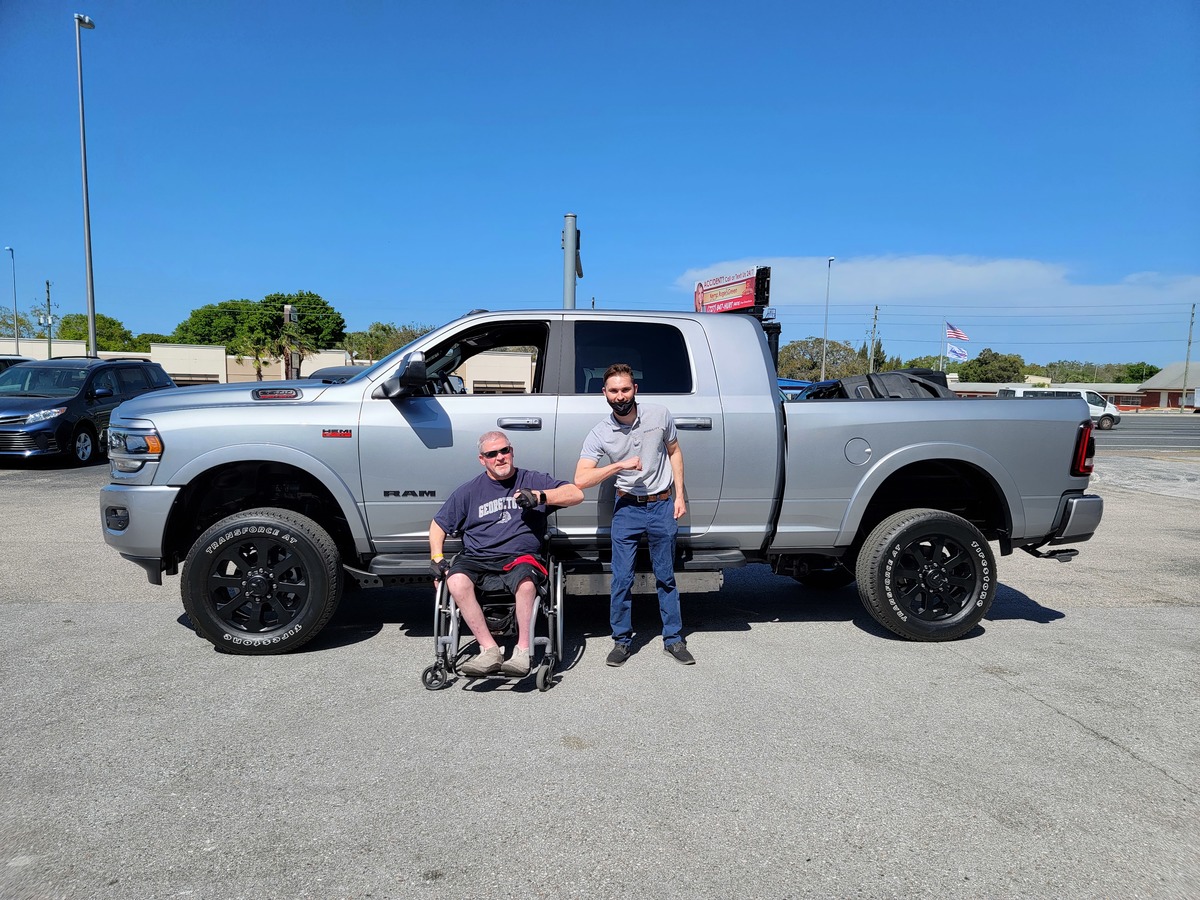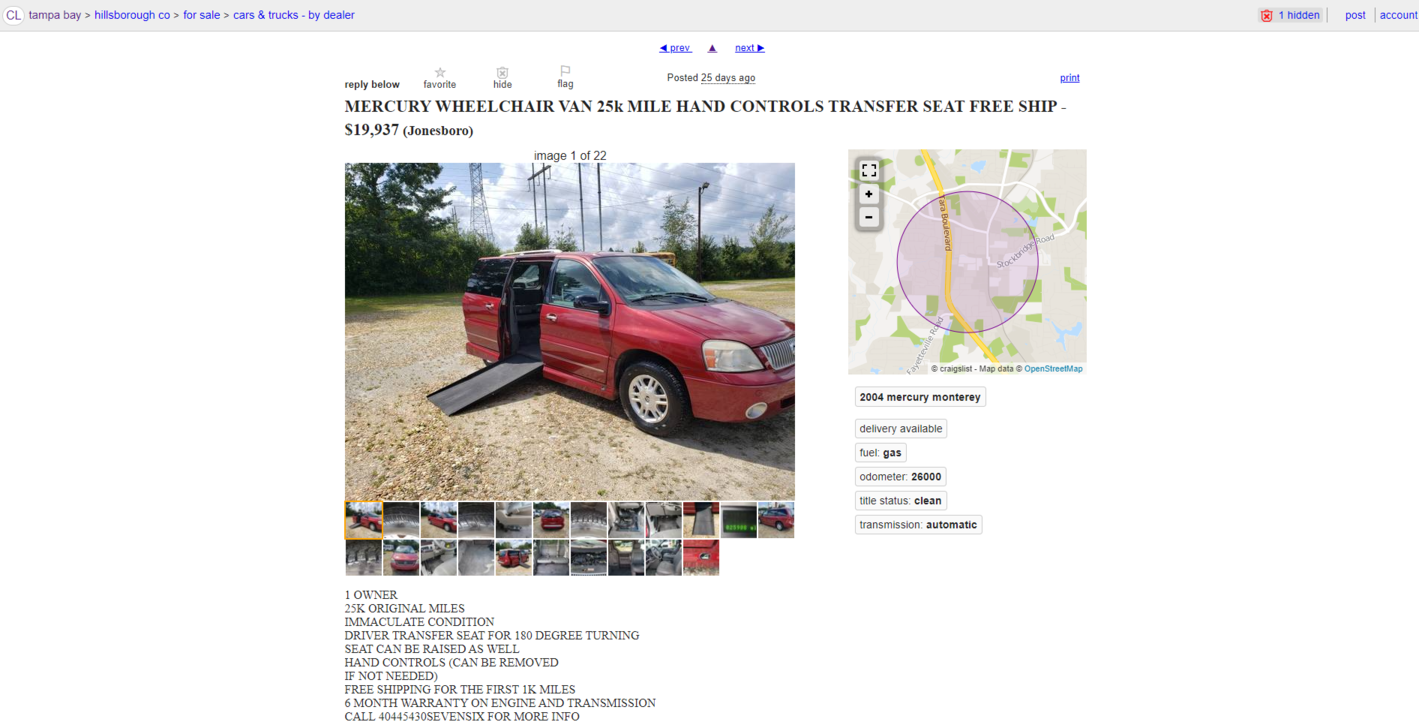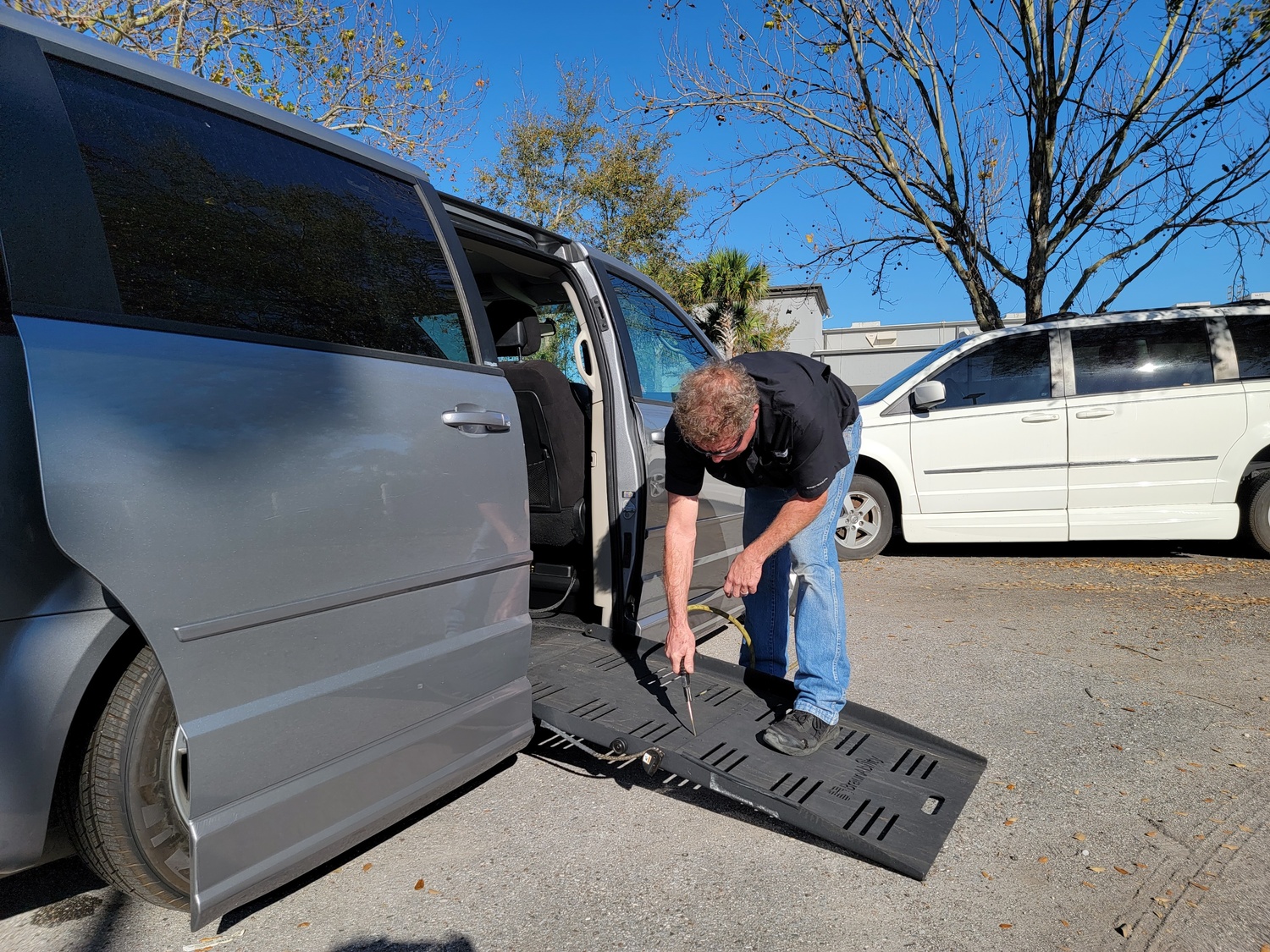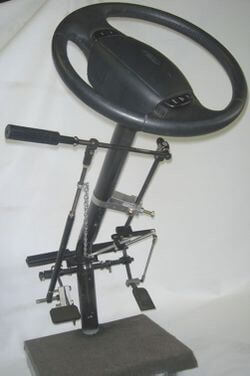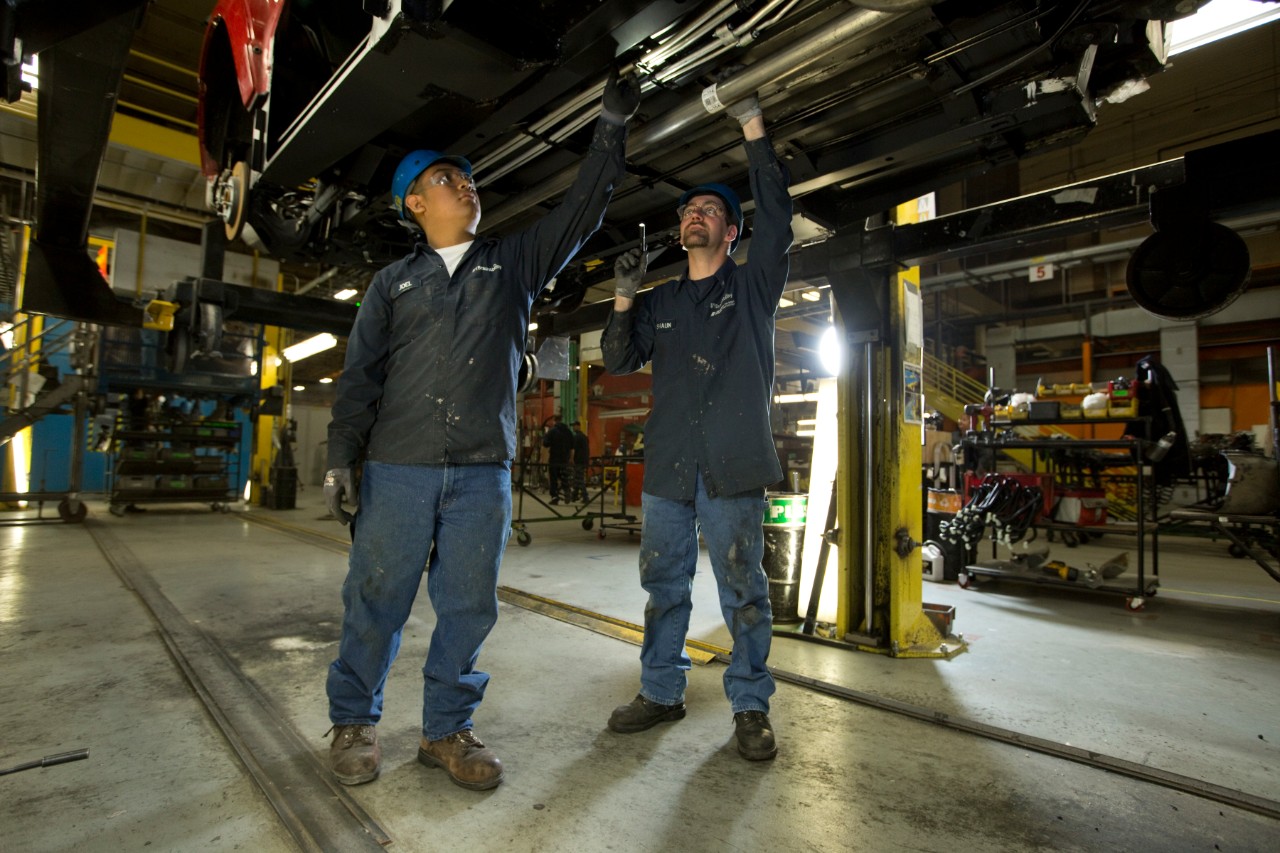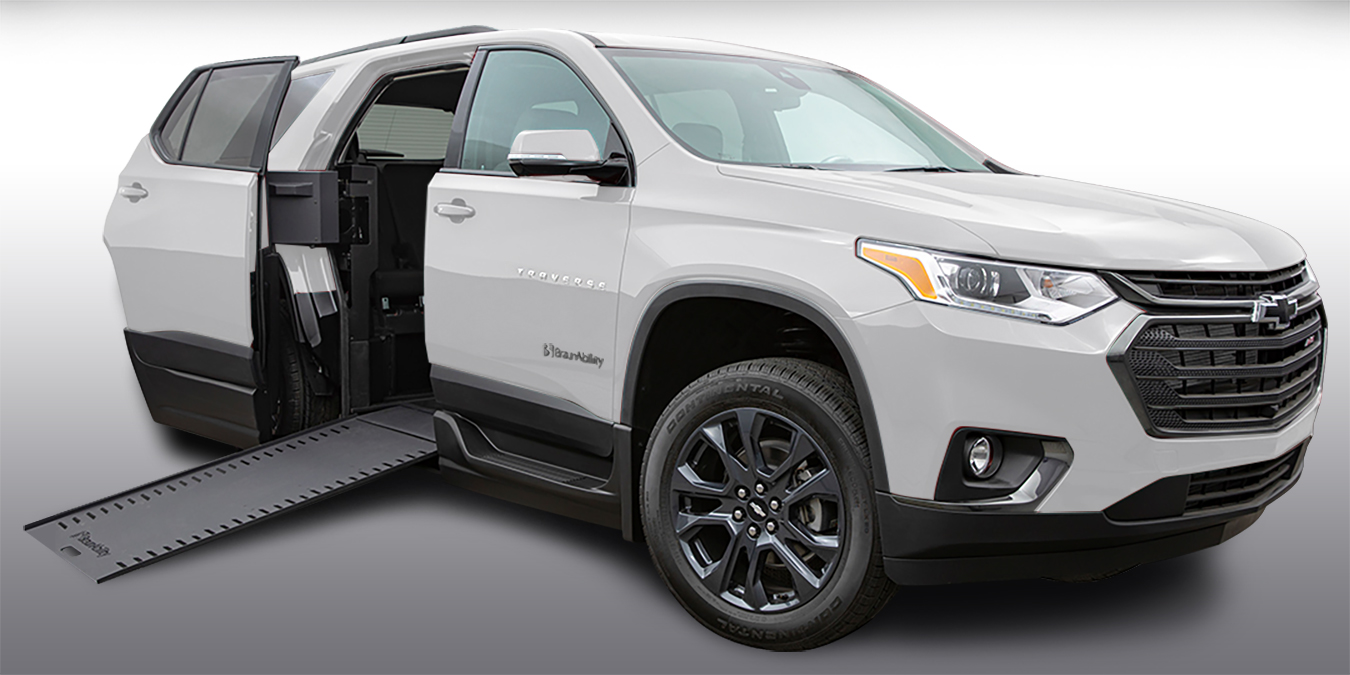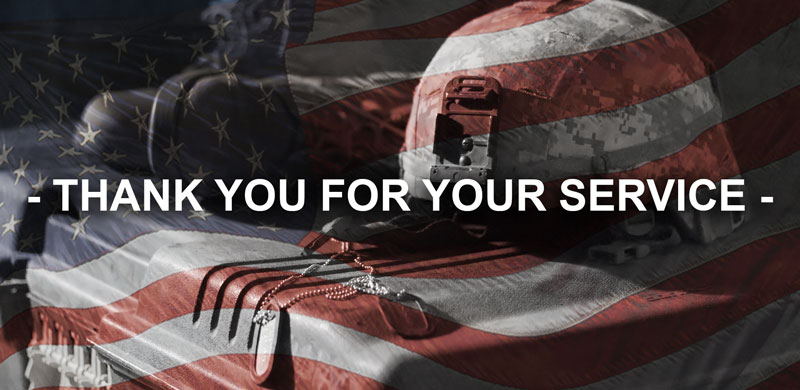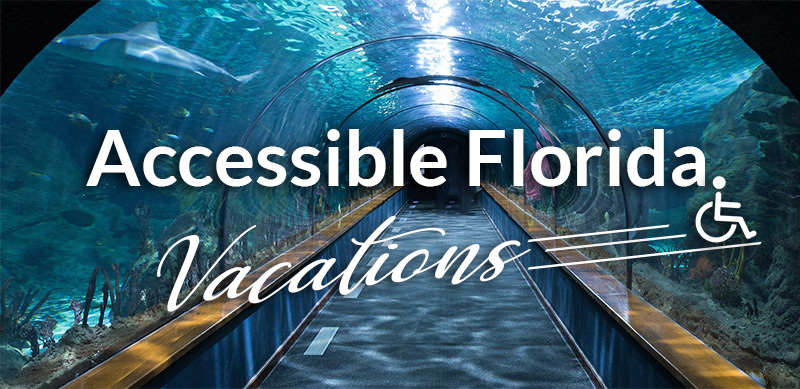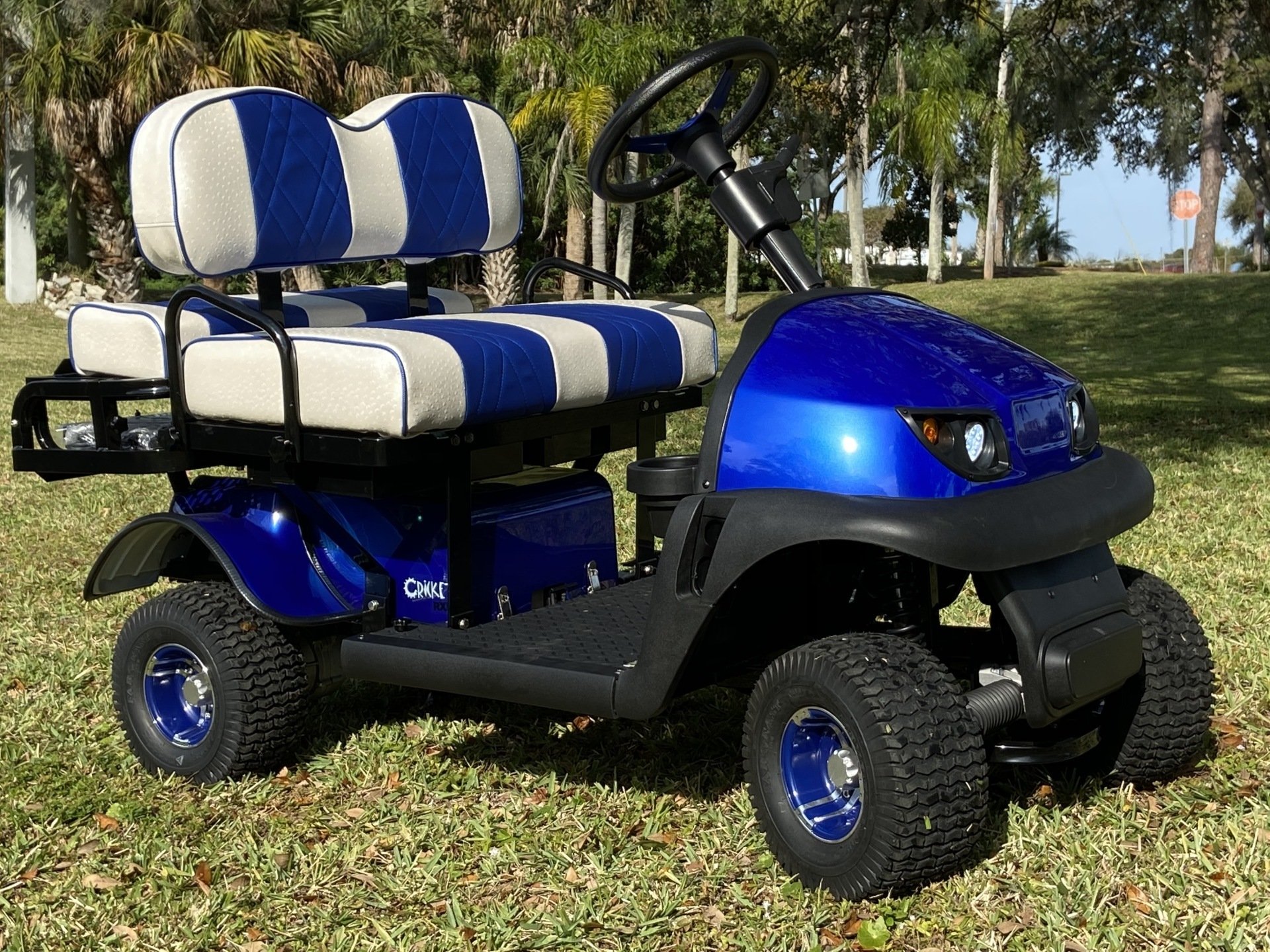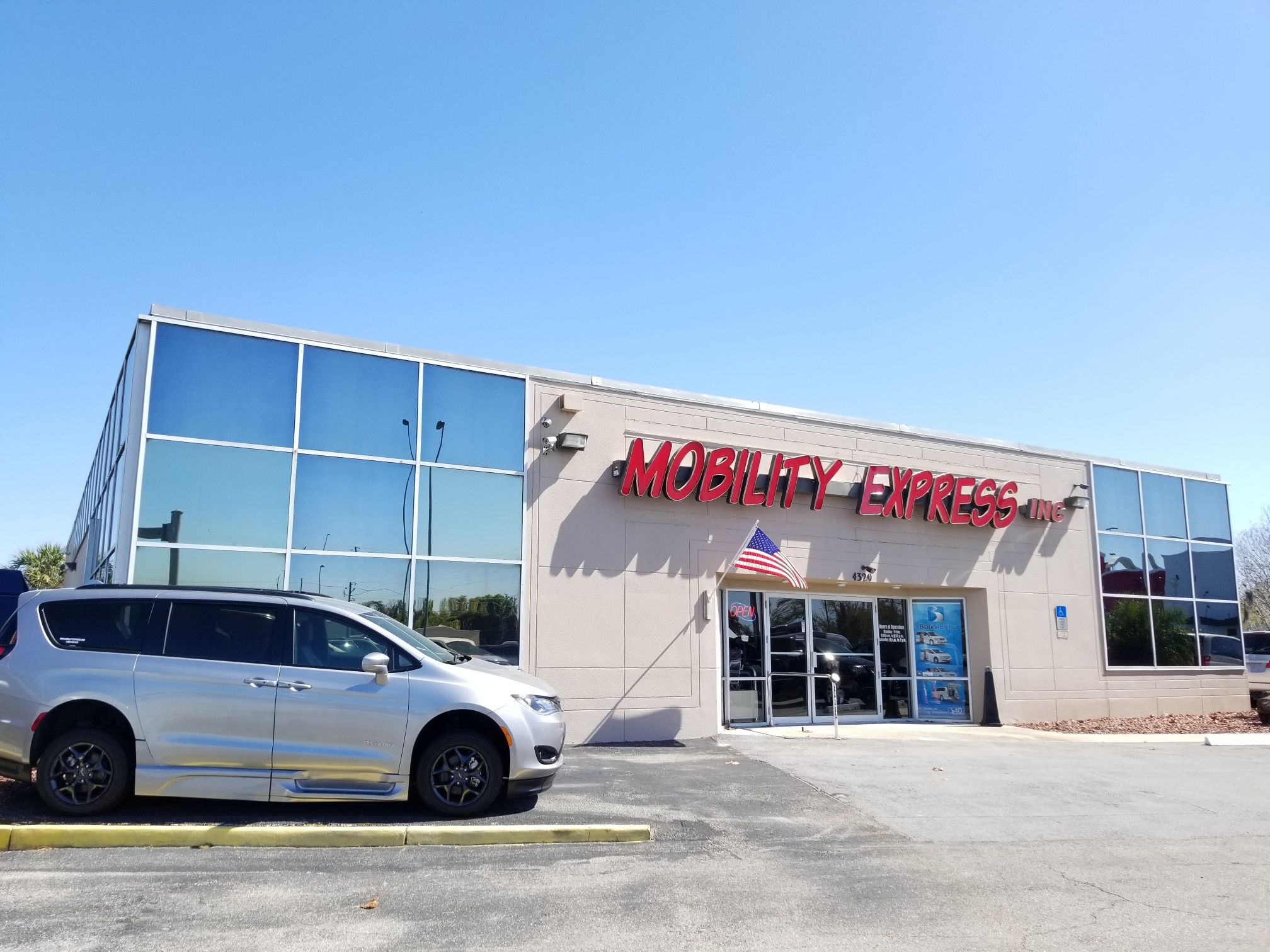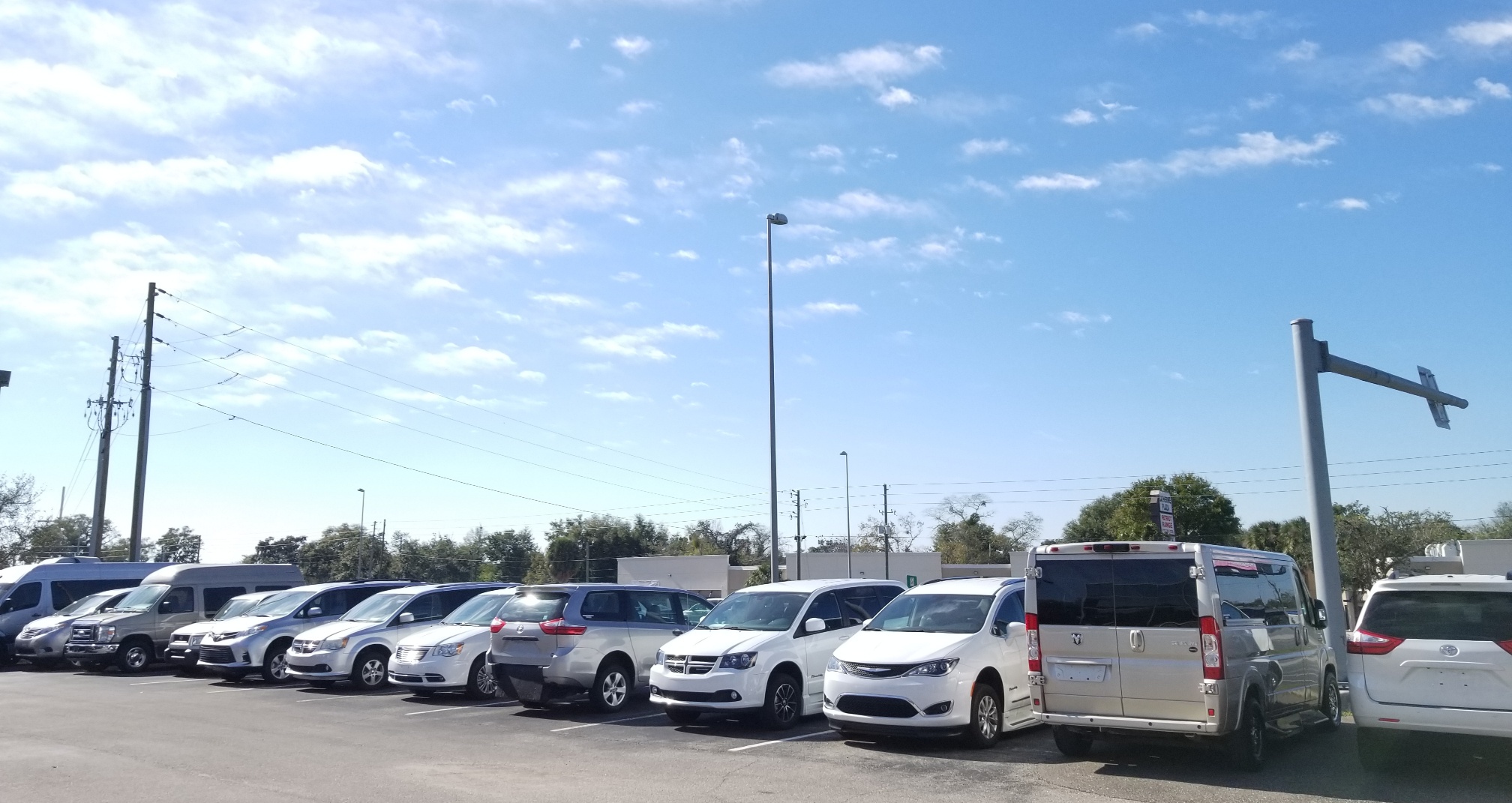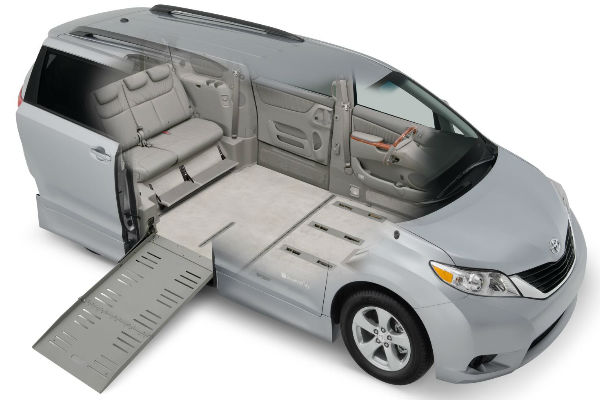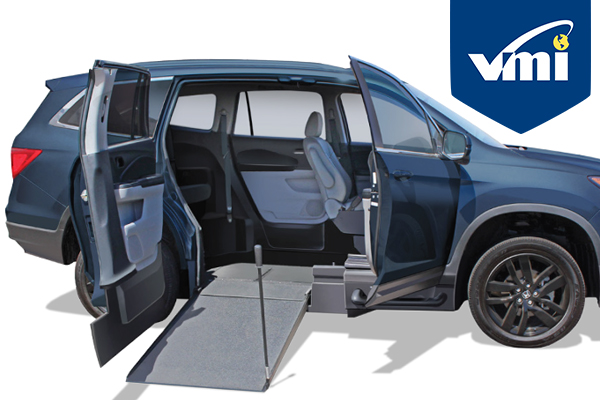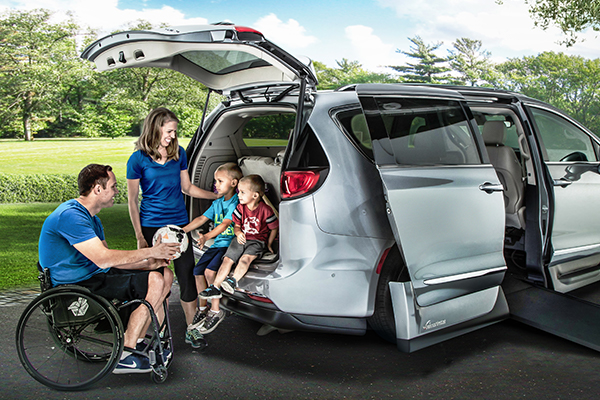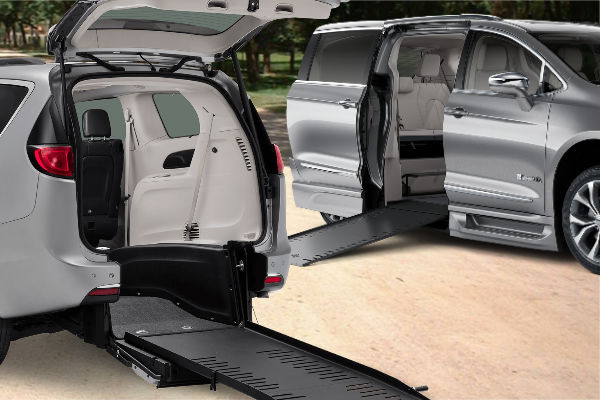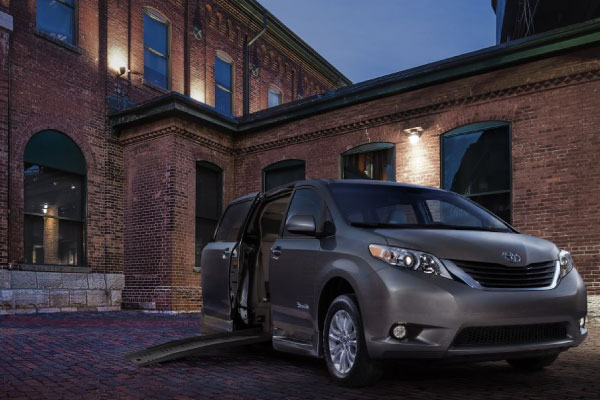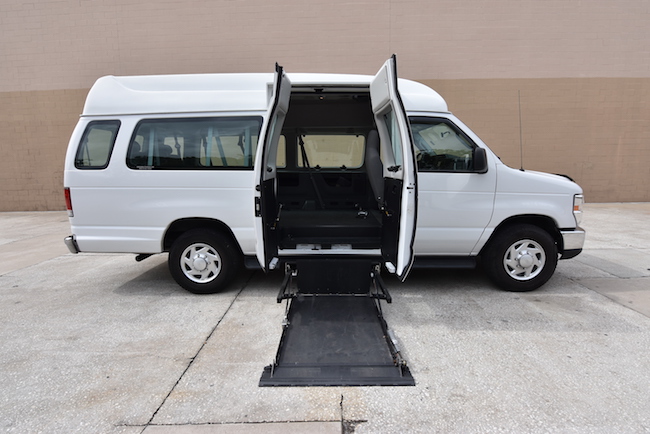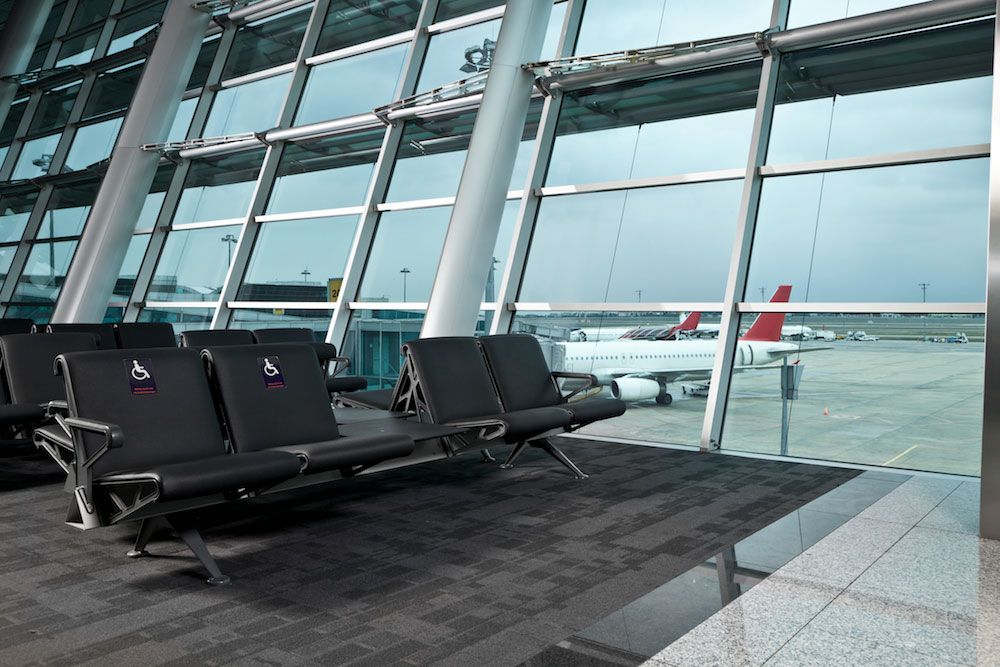Starting an NEMT Business: Market Research, Legal Requirements, and Vehicle Considerations
Starting an NEMT Business: Market Research, Legal Requirements, and Vehicle Considerations
Starting a Non-Emergency Medical Transportation (NEMT) business is a promising entrepreneurial endeavor that can make a meaningful impact on your community's healthcare access. To help you succeed in this venture, Mobility Express has put together thsis short guide to help you with three key aspects of launching an NEMT business: Market Research, Legal Requirements, and Vehicle Considerations.
1. Market Research
Market research is the foundation of a successful NEMT business. It involves understanding the local healthcare landscape, identifying your target demographic, and evaluating the demand for your services.
-
Demographic Analysis: Begin by assessing the local population. Consider factors like age, income, and healthcare requirements. An aging population often requires more NEMT services, making it an important demographic to target.
-
Healthcare Facilities: Research the number and types of healthcare facilities in your service area. This includes hospitals, clinics, nursing homes, and rehabilitation centers. Determine the potential for partnerships with these institutions.
-
Competition: Study your competitors. How many NEMT providers operate in your area, and what services do they offer? Identify gaps in service quality, coverage, or pricing that you can address to gain a competitive advantage.
-
Community Needs: Understand the specific needs of your community. Are there underserved areas or populations with limited access to transportation services? Tailor your services to meet these unique needs.
-
Demand Analysis: Analyze the demand for NEMT services. Consider factors such as the number of non-emergency medical appointments, the frequency of treatments, and the volume of patients who require assistance with mobility.
2. Legal Requirements
Operating an NEMT business involves various legal requirements and regulations that you must adhere to. Ensuring compliance is essential for the safety and credibility of your business.
-
Licensing and Permits: Depending on your location, you'll need specific licenses and permits to operate as an NEMT provider. This may include business licenses, vehicle permits, and special medical transportation licenses.
-
Insurance: Adequate insurance coverage is critical. Your NEMT vehicles must be insured to protect against accidents and liabilities. Check local and state regulations to determine the minimum insurance requirements.
-
ADA Compliance: The Americans with Disabilities Act (ADA) mandates accessibility for individuals with disabilities. Your vehicles should meet ADA standards, with proper accommodations for wheelchairs and mobility aids.
-
Driver Licensing: Your drivers should hold the necessary licenses, such as commercial driver's licenses (CDL) and passenger endorsements. They should also be trained in safely assisting passengers with disabilities.
-
Healthcare Privacy: Familiarize yourself with Health Insurance Portability and Accountability Act (HIPAA) regulations if you handle sensitive patient information. Ensure that your business processes and record-keeping are compliant with HIPAA standards.
3. Vehicle Considerations
Choosing the right vehicles for your NEMT business is crucial. The vehicles you select should align with your target demographic and the specific services you plan to offer.
-
Vehicle Types: NEMT businesses often use a variety of vehicles, including sedans, minivans, wheelchair-accessible vans, and stretcher vehicles. Assess the needs of your community and healthcare facilities to determine which types of vehicles are in demand.
-
Wheelchair Accessibility: If you plan to transport individuals who use wheelchairs, you'll need wheelchair-accessible vehicles. These vehicles are equipped with ramps or lifts for easy and safe boarding and exiting. Ensure these vehicles are ADA-compliant.
-
Safety Features: Safety should be a top priority. Vehicles should have safety features like secure restraints for passengers with mobility issues, first aid kits, and fire extinguishers. Regular maintenance is essential to keep vehicles in excellent condition.
-
Vehicle Maintenance: Establish a rigorous maintenance schedule to keep your vehicles in top shape. Regular inspections, repairs, and cleanliness are essential for both safety and the overall impression of your services.
-
Branding: Consider branding your vehicles with your company name and contact information. It's not only a marketing tool but also adds a professional touch to your service.
By thoroughly researching your market, complying with legal requirements, and carefully selecting your vehicles, you're laying a strong foundation for your NEMT business. These early steps are vital to ensure your NEMT business is safe, legally compliant, and positioned to meet the needs of your community effectively.
